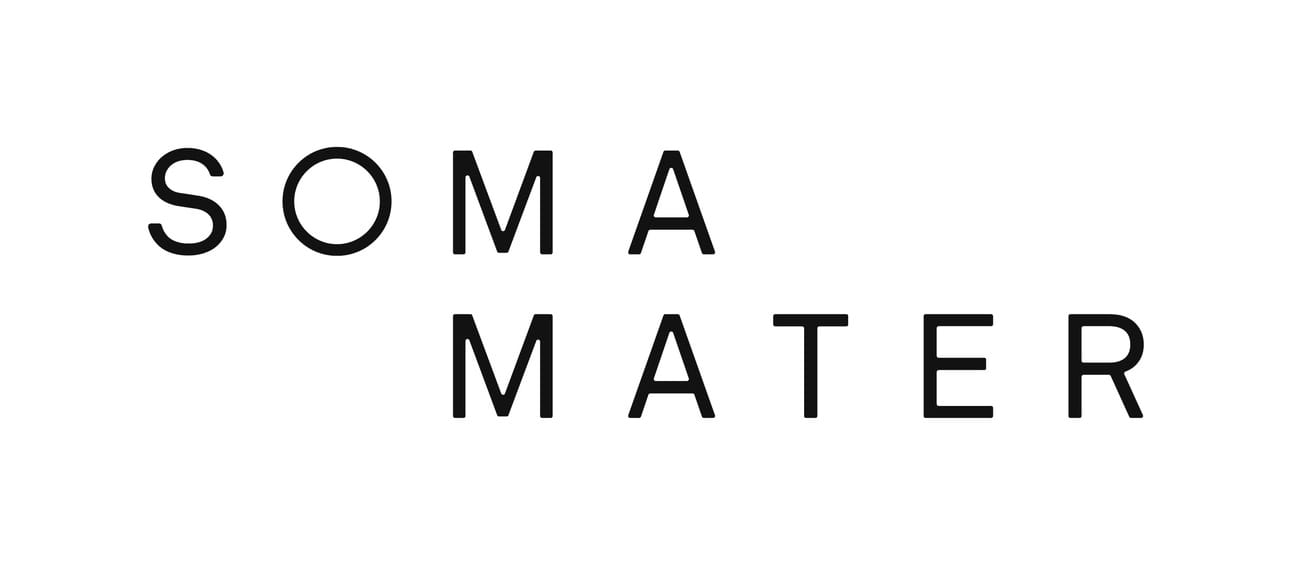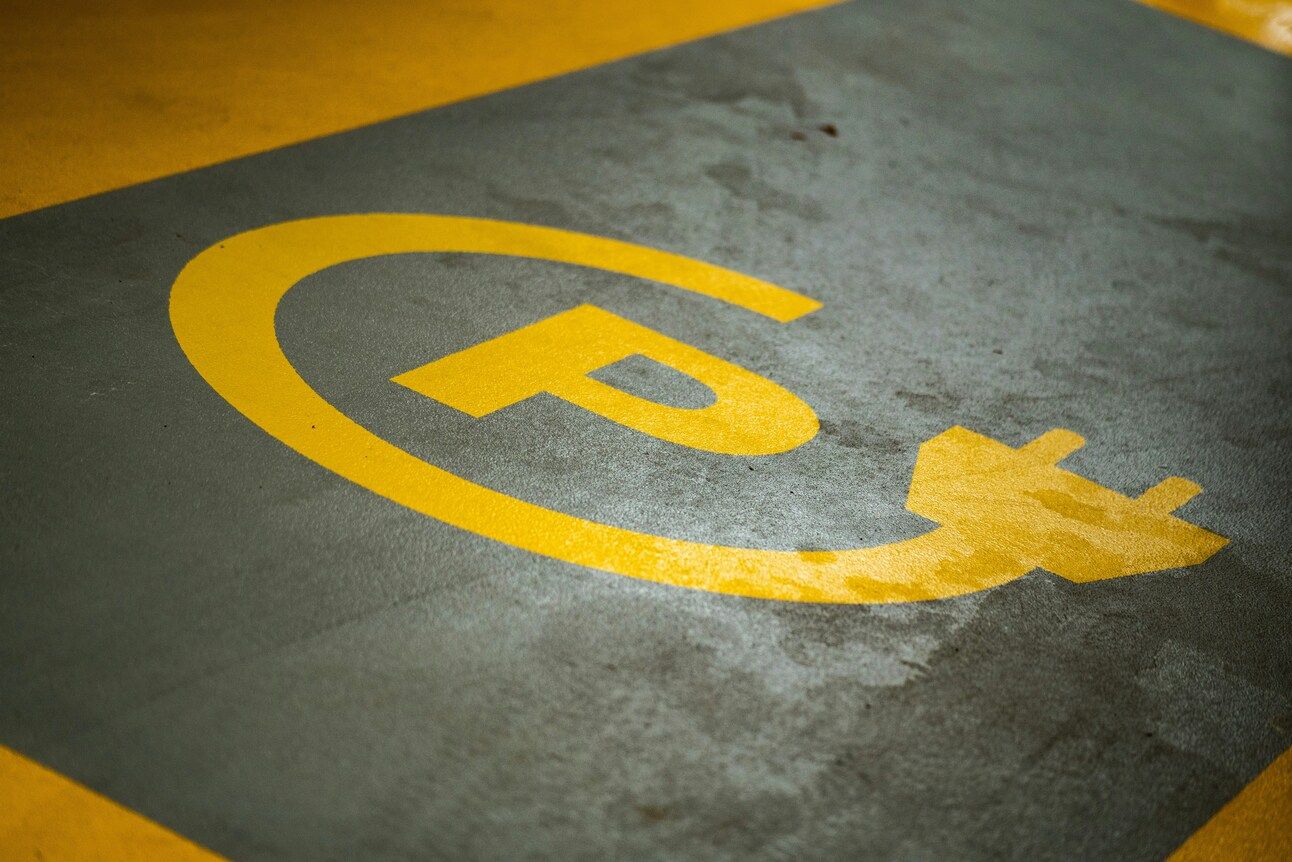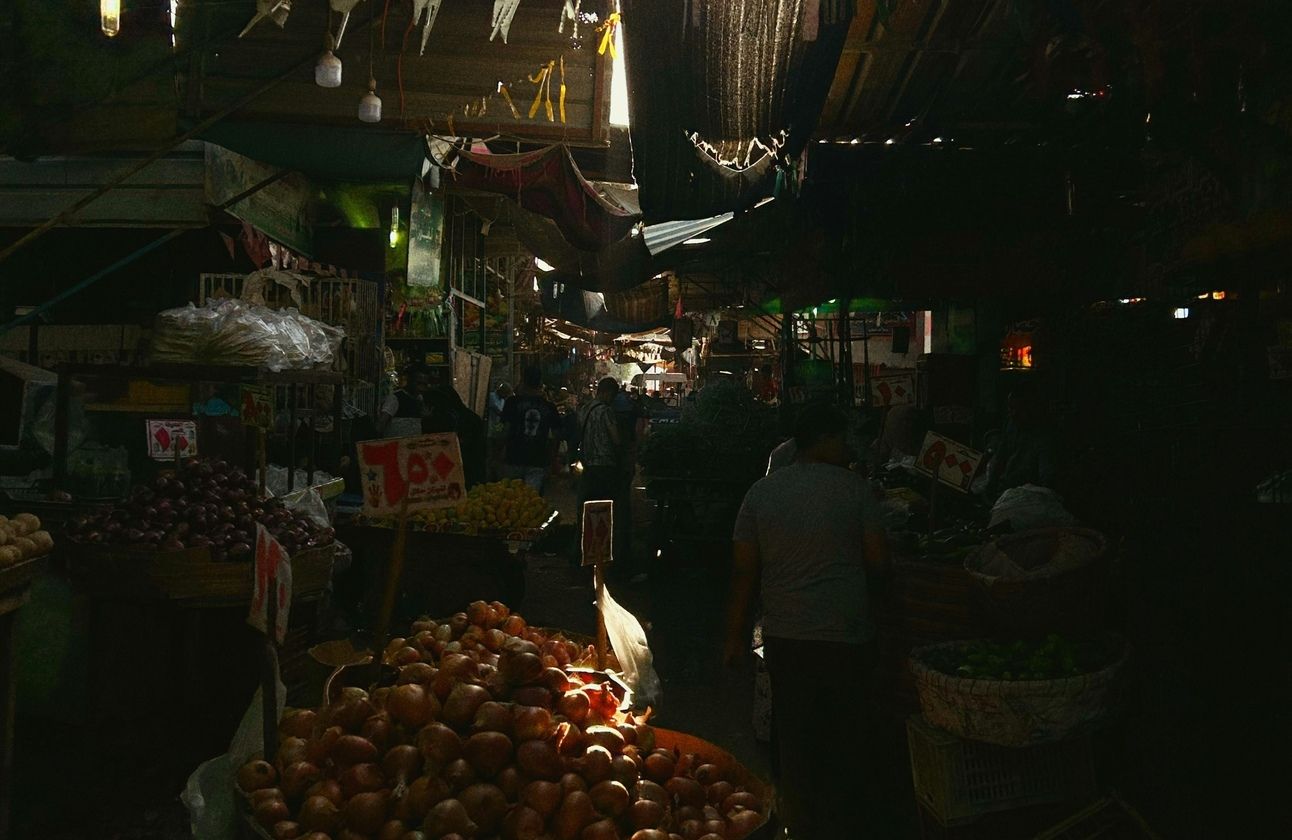- Soma Mater's Newsletter
- Posts
- SOMA Newsletter
SOMA Newsletter

Welcome to the SOMA MATER weekly newsletter.
At SOMA MATER, we specialize in delivering comprehensive research and advisory services with a focus on Food & Water Security and Net Zero Transition in the MENA Region. In order to support our subscribing clients in navigating these topics and understanding the regional narrative, we produce monthly Food and Water Security and Net Zero Transition Intelligence Reports, along with our in-depth analysis and insights.
This weekly newsletter highlights the top 3 stories from the past week in Food and Water Security and Net Zero transition, along with SOMA MATER's analysis and perspective.
How has electric vehicle (EV) adoption grown in Oman, and what infrastructure developments are supporting this growth in the region?
What are the water consumption implications of AI technology growth and its impact on data center development in the Middle East?
How has Egypt's annual inflation rate improved in December 2024, and what factors contributed to these changes?
Sustainably yours,
The SOMA team
Oman's Electric Revolution: Charging Ahead at Full Speed
#NetZeroTransition

EV Technology (an Oman-based subsidiary of Sur International Investment Group) has partnered with GO TO-U, a global leader in smart charging solutions. The collaboration will see the deployment of GO TO-U's advanced charging platform across Oman, along with a new factory for assembling AC and DC chargers, marking a step forward in EV infrastructure development.
The timing of this partnership is crucial, as Oman has witnessed growth in EV adoption. As of September 2024, the number of EVs in the country has surged by 300%, reaching 1,500 vehicles compared to 550 the previous year. The charging infrastructure has kept pace, with over 120 charging points installed in 2023 and expectations to reach 200 by the end of 2024.
Similar developments are taking place across the region. In Saudi Arabia, E-FILL (its leading charging network) is expanding its fast-charging stations across major cities including Riyadh, Jeddah, and the Eastern Province. While Saudi EV imports have shown significant growth - increasing from 210 vehicles in 2022 to 779 in 2023 - the government maintains targets, aiming for 30% of vehicles in the capital to be electric by 2030.
SOMA’s Perspective:
Oman's push into the EV sector is an encouraging shift in the regional mobility landscape. While other GCC nations like Saudi Arabia and the UAE have traditionally led these transitions, Oman's rapid 300% growth in EV adoption demonstrates that it is now joining the EV race alongside regional leaders. This parallel growth of EV markets across the GCC demonstrates a regional commitment to sustainable mobility.
Sources:
Data Centers Making a Splash: The AI That Drinks More Than Us
#FoodandWaterSecurity

The rapid growth of AI technology comes with substantial water consumption. Large language models like ChatGPT require massive amounts of water for cooling their data centers. Training models like GPT-3 can consume up to 700,000 liters of clean fresh water - equivalent to producing 370 BMW cars. 10-50 prompts on GPT-3 consumes enough water to fill a standard 500ml water bottle, with newer models expected to demand more. Experts predict that by 2027, global AI operations could demand between 4.2 and 6.6 billion cubic meters of fresh water, nearly half of the UK's annual water consumption.
In the Middle East, the UAE leads the region's data center growth with US$1.2 billion in active projects and US$433 million in planned developments. Saudi Arabia is also making strides with 22 active co-location facilities and over 40 under construction. Infrastructure limitations are becoming apparent, with most Dubai data centers already operating at full capacity.
The regional data center market is projected to grow from $5.6 billion in 2023 to $9.6 billion by 2029. Despite substantial investments in AI technology, organizational readiness remains a concern. Recent data from Cisco's AI Readiness Index reveals that only 13% of companies are fully prepared to leverage AI technologies effectively.
SOMA’s Perspective:
We anticipate AI to be one of the defining themes of 2025, with its influence extending beyond traditional tech sectors into areas like agriculture. The surge in AI adoption across the Middle East presents a critical water management challenge that requires attention. The substantial water requirements for AI operations could strain already limited water resources, which is significant considering the region is highly water-stressed. Local regulations also impact data center growth. For instance, UAE's data protection regulations mandate that sensitive data, including financial, medical, and personal, must be stored within the country's borders. The region's ability to manage this balance will be crucial in determining the success of its AI initiatives while ensuring water security.
Sources:
Vegetable Prices in Egypt Do the Limbo: How Low Can They Go?
#FoodandWaterSecurity

Egypt's annual inflation rate showed signs of improvement, dropping to 23.4% in December 2024 from 25% in November, primarily driven by decreasing food prices. This marks a shift in the country's economic indicators, particularly in essential food categories.
The most notable price reductions were observed in the food sector, with vegetables experiencing a substantial 14% decrease. Other food items also saw modest declines, including dairy products, cheese, and eggs (0.7%), fish and seafood (0.6%), and a slight reduction in meat and poultry prices (0.1%). Other sectors witnessed price increases during the same period. The most significant jumps were seen in telephone and fax services (11%), followed by fruit prices (7.5%), and medical products and equipment (5.5%).
Despite Egypt's economic challenges in 2024 (including disrupted Suez Canal navigation) the country saw a significant boost through the Ras El Hekma deal signed with the UAE in February. The peninsula is located on Egypt's Mediterranean coast and would be the target of new urban, business and tourism development as part of the deal. The project will entail new residential districts, hotels and tourist resorts, as well as entertainment venues and public service buildings including hospitals, schools and universities. This $35 billion partnership agreement, funded by Abu Dhabi Developmental Holding Company (ADQ), helped increase Egypt's net international reserves (NIR) from $35.25 billion in January to $47.1 billion in December. NIRs are external assets held outside Egypt for precautionary and transactional purposes and controlled by the Central Bank of Egypt.
Despite Egypt's economic challenges in 2024 (including disrupted Suez Canal navigation) the country saw a significant boost through the Ras El Hekma deal signed with the UAE in February. Located on Egypt's Mediterranean coast, Ras El Hekma will receive major urban, business and tourism development as part of the deal. Plans include building residential areas, hotels, tourist facilities, entertainment spots, and essential services like hospitals and educational institutions. This $35 billion partnership agreement, funded by Abu Dhabi Developmental Holding Company (ADQ), helped increase Egypt's net international reserves from $35.25 billion in January to $47.1 billion in December.
SOMA’s Perspective:
It is crucial to contextualize Egypt's economic landscape throughout 2024. The country faced significant challenges due to regional geopolitical tensions. However, Egypt's strategic importance as a nexus between Europe, Asia, and Africa continues to attract financial support and investment. The Ras El Hekma deal with the UAE exemplifies this dynamic. This influx of foreign investment and support packages has helped stabilize the economy despite external pressures. This is a significant shift from the traditional funds coming from the Suez Canal. Red Sea disruptions have affected Egypt's economy by reducing foreign exchange flows, limiting tourism, and disrupting trade flows. Suez Canal revenue dropped significantly, with receipts falling over 50% during first half of 2024 compared to the first half of 2023.
Sources:
https://www.zawya.com/en/economy/north-africa/reviewing-egypts-economic-performance-in-2024-axxrvu19
SOMA MATER is writing Intelligence Reports on the topics of Food and Water Security and Net Zero Transition. If you’d like to know more, contact us through the link below: